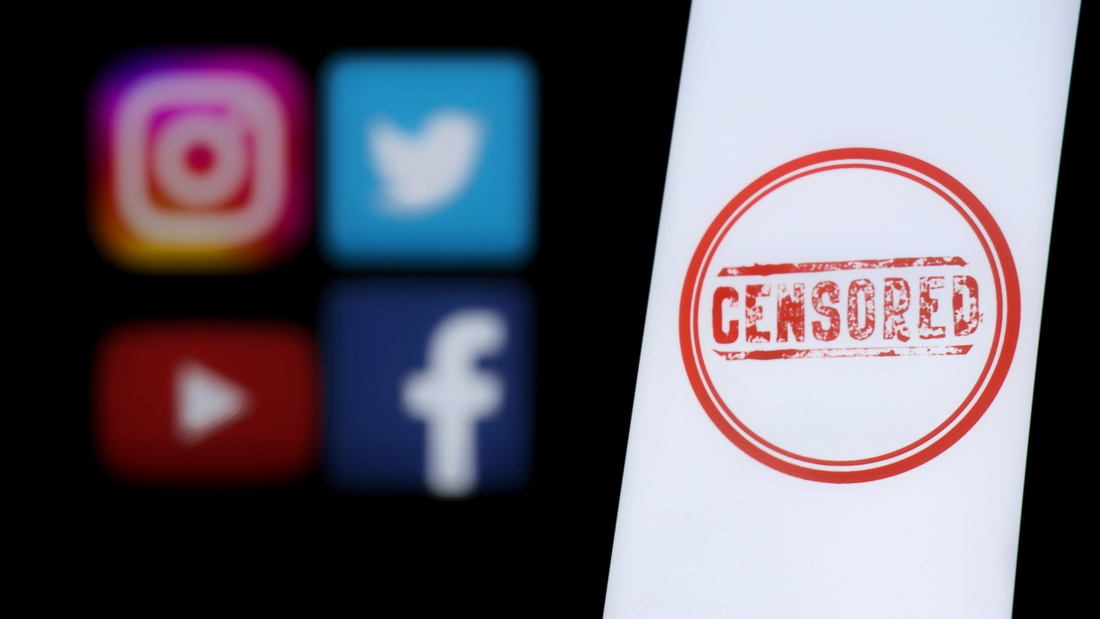|
The U.S. Supreme Court heard oral arguments Monday in Murthy v. Missouri, a case addressing the government's covert efforts to influence social media content moderation during the Covid-19 pandemic. Under pressure from federal and state actors, social media companies reportedly engaged in widespread censorship of disfavored opinions, including those of medical professionals commenting within their areas of expertise.
The case arose when Missouri and Louisiana filed suit against the federal government arguing that the Biden Administration pressured social media companies to censor certain views. In reply, the government responded that it only requested, not pressured or demanded, that social media companies comply. Brian Fletcher, U.S. Principal Deputy Solicitor General, told the Court it should “reaffirm that government speech crosses the line into coercion only if, viewed objectively, it conveys a threat of adverse government action.” This argument seems reasonable, but a call from a federal agency or the White House is not just any request. When one is pulled over by a police officer, even if the conversation is nothing but a cordial reminder to get a car inspected, the interaction is not voluntarily. Social media companies are large players, and an interaction with federal officials is enough to whip up fears of investigations, regulations, or lawsuits. In Murthy v. Missouri, it just so happens that the calls from federal officials were not just mere requests. According to Benjamin Aguiñaga, Louisiana’s Solicitor General, “as the Fifth Circuit put it, the record reveals unrelenting pressure by the government to coerce social media platforms to suppress the speech of millions of Americans. The District Court which analyzed this record for a year, described it as arguably the most massive attack against free speech in American history, including the censorship of renowned scientists opining in their areas of expertise.” At the heart of Murthy v. Missouri lies a fundamental question: How far can the government go in influencing social media's handling of public health misinformation without infringing on free speech? Public health is a valid interest of the government, but that can never serve as a pretense to crush our fundamental rights. When pressure to moderate speech is exerted behind the scenes – as it was by 80 FBI agents secretly advising platforms what to remove – that can only be called censorship. Transparency is the missing link in the government's current approach. Publicly contesting misinformation, rather than quietly directing social media platforms to act, respects both the public's intelligence and the principle of free expression. The government's role should be clear and open, fostering an environment where informed decisions are made in the public arena. Perhaps the government should take a page from Ben Franklin’s book (H/T Jeff Neal): “when Men differ in Opinion, both Sides ought equally to have the Advantage of being heard by the Publick; and that when Truth and Error have fair Play, the former is always an overmatch for the latter …” Protect The 1st looks forward to further developments in this case. Comments are closed.
|
Archives
June 2024
Categories
All
|
ABOUT |
ISSUES |
TAKE ACTION |



 RSS Feed
RSS Feed